Schools to 'engineer' high-tech MBAs
Updated: 2016-04-07 11:26
By Hezi Jiang in New York(China Daily USA)
|
|||||||||
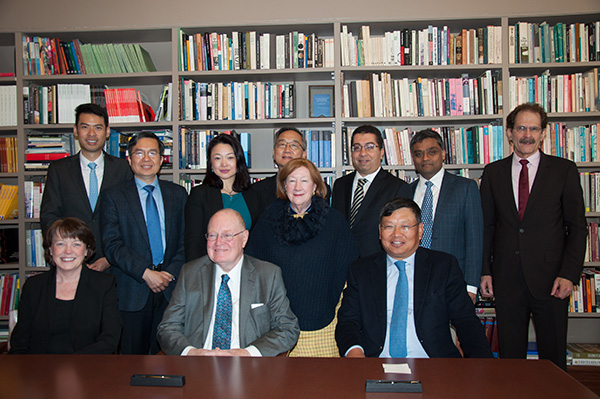 |
|
Front row from left: Mary C. Boyce, Dean of Engineering at The Fu Foundation School of Engineering and Applied Science at Columbia University; John H. Coatsworth, Provost of Columbia University; and Xiang Bing, Founding Dean of CKGSB; pose for photo after signing the Memorandum of Understanding to establish a partnership. PROVIDED TO CHINA DAILY |
The growing role of technology and innovation in economic growth is bringing engineering and business ever closer together.
A renowned business school in Beijing and an Ivy League engineering school in New York have joined hands with the goal of educating a new type of talent that knows the latest technologies and business operations and can penetrate the world's two largest economies.
The deans of the Cheung Kong Graduate School of Business (CKGSB) and the Columbia University School of Engineering and Applied Science announced the launch of the Cheung Kong Innovation Institute on Wednesday at Columbia University in New York.
Both institutions said the partnership will contribute to their diversity.
"We want to look at how do we forge a more global perspective, and how do we bring technology and innovation together with management and catapult new businesses," said Mary Boyce, dean of engineering at The Fu Foundation School of Engineering and Applied Science.
"From day one, we wanted to be a true innovator. Today, there are so many technology disruptions, and I think as a business school, we need to be more holistic," said Dr. Xiang Bing, founding dean and a professor of China business and globalization at CKGSB.
The deans said they were talking about creating a dual-degree program in which a student will split study between the US and China, between business and engineering, and graduate with two degrees from the two schools.
David Yao, professor of industrial engineering and operations research at Columbia, first came up with the idea because many entrepreneurs and venture capitalists, who are potential employers of the school's future graduates, told him that they were looking for a new kind of talent.
"A talent not to found new startup companies, but rather to help them run new startups and make their startups successful," Yao said.
"The new talent needs skill sets different from traditional MBAs. I see a need to have a combination between an engineering school and business school. It also allows business schools to think in a very disruptive way to examine their traditional curriculum," he said.
The new institute will also create a platform for research collaboration between the two countries.
Xiang pointed out that China has grown from "imitation" to "innovation", and some of the newest technologies are now in China.
"We think this program will attract both American students and Chinese students," Boyce said.
"And global ones," added Xiang.
hezijiang@chinadailyusa.com
- More cities take bonus and penalty in air pollution
- Shanghai police release list of 36 drivers banned for Life
- Police relax rules impeding delivery drivers
- Official's photos an unusual attraction in Chinese village
- 438 Chinese police officers die on duty in 2015
- Chinese 'parachute kids' flock to US schools
- Xi: Talks 'only correct way' for China, ROK
- Xi to Obama: Disputes should be managed
- Cypriot court remands in custody man suspected of hijacking EgyptAir flight
- Govt eyes luxury tourists amid concerns over safety
- Sleep tight and don't let sharks bite at Paris aquarium
- Aung San Suu Kyi appointed as Myanmar's new foreign minister
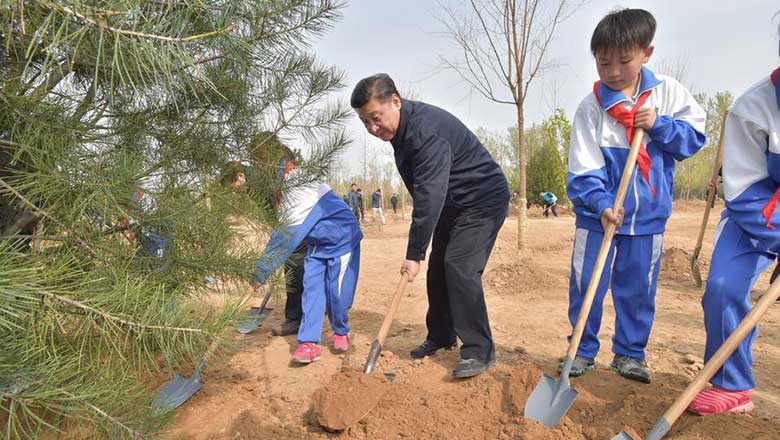
 Top Chinese leaders attend voluntary tree-planting in Beijing
Top Chinese leaders attend voluntary tree-planting in Beijing
 Zhouzhuang water town viewed through artistic eyes
Zhouzhuang water town viewed through artistic eyes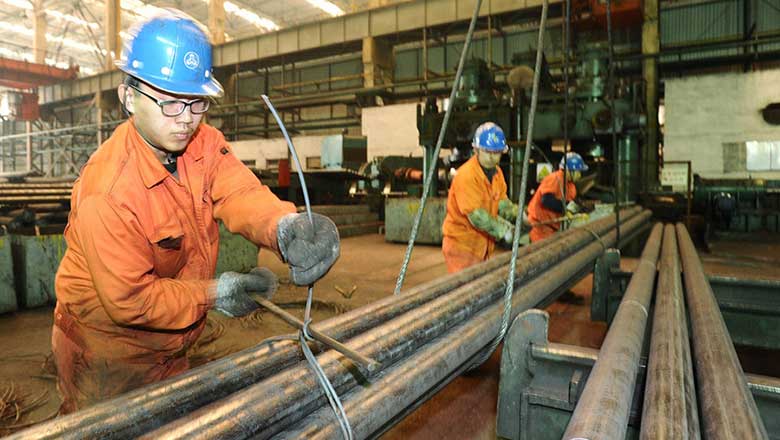
 8 trends of major price movements gauging China's economy
8 trends of major price movements gauging China's economy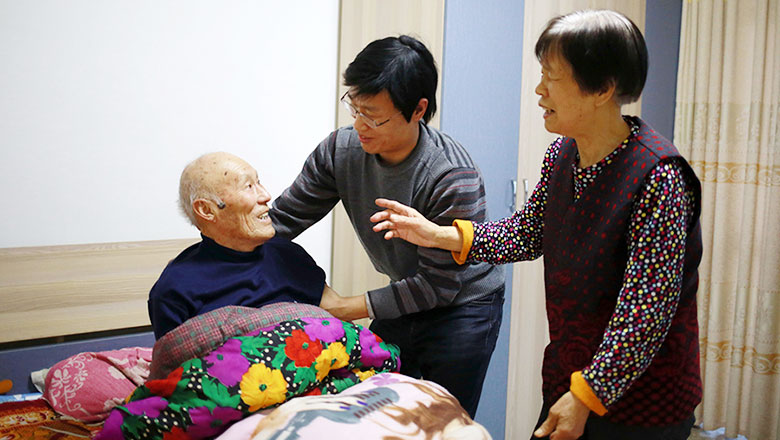
 Migrant workers back home with their family
Migrant workers back home with their family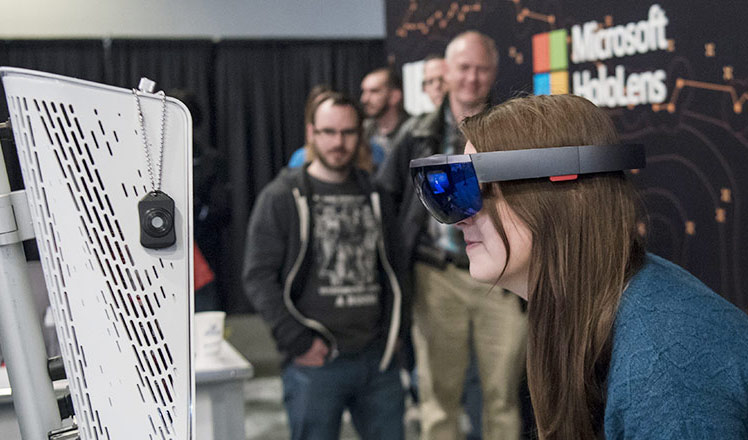
 Microsoft embraces artificial intelligence
Microsoft embraces artificial intelligence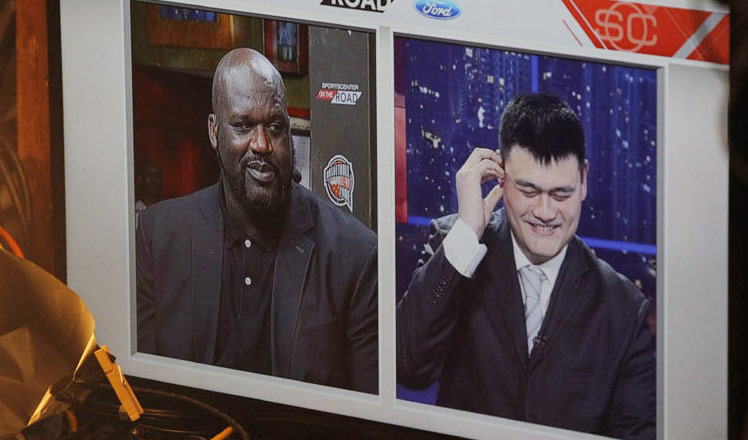
 Yao Ming introduced to Hall of Fame
Yao Ming introduced to Hall of Fame
 The world in photos: March 28 - April 3
The world in photos: March 28 - April 3
 Discover beautiful China in spring blossom (V)
Discover beautiful China in spring blossom (V)
Most Viewed
Editor's Picks

|

|

|

|

|

|
Today's Top News
Marriott unlikely to top Anbang offer for Starwood: Observers
Chinese biopharma debuts on Nasdaq
What ends Jeb Bush's White House hopes
Investigation for Nicolas's campaign
Will US-ASEAN meeting be good for region?
Accentuate the positive in Sino-US relations
Dangerous games on peninsula will have no winner
National Art Museum showing 400 puppets in new exhibition
US Weekly

|

|









